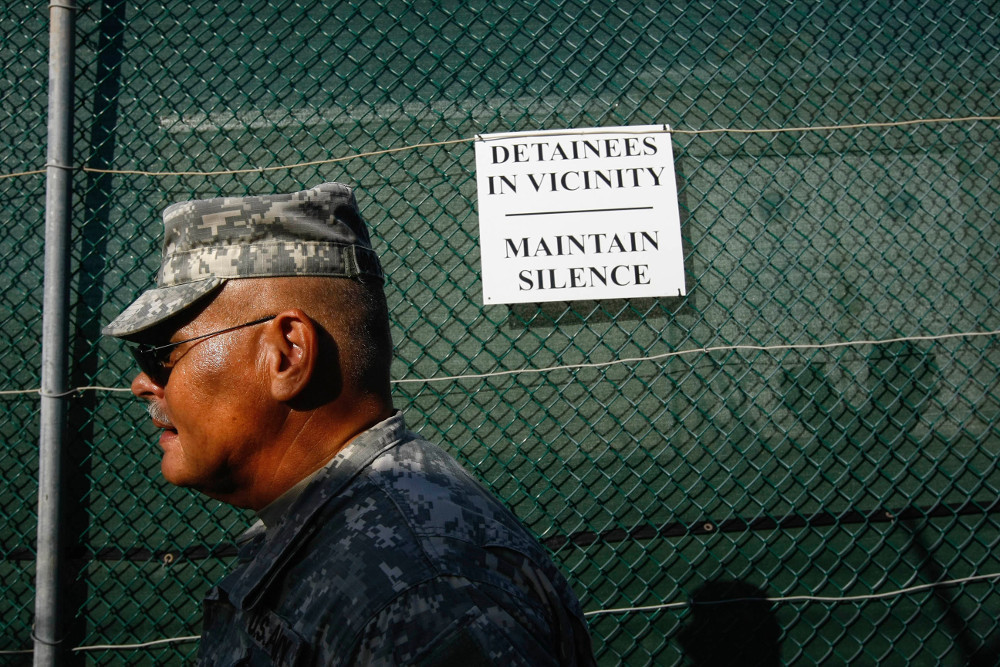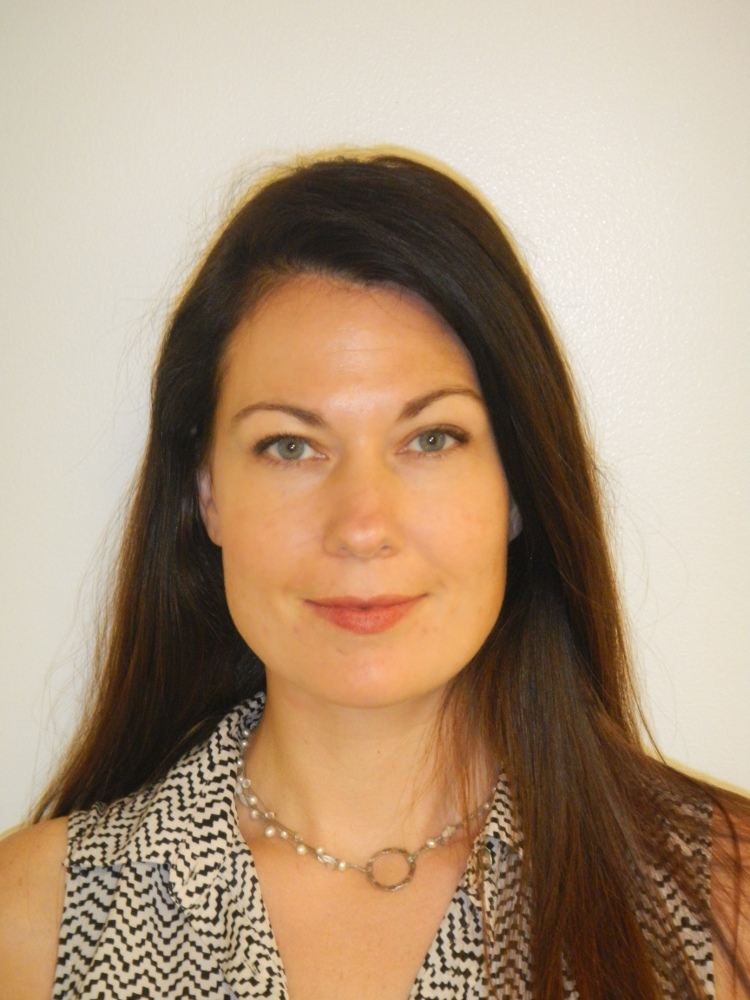Diplomatic tensions have emerged between South Africa and the Unites States after Pretoria refused to vote for nongovernmental organisation (NGO) Freedom Now to be granted special consultative status at the United Nations.
The US-based Freedom Now provides pro bono legal representation to “prisoners of conscience” across the world and also uses political and public relations advocacy to intervene in such prisoners’ cases.
After six years of trying to get accredited, the organisation was granted consultative status last month after successfully lobbying with the help of the US government.
With this status, Freedom Now is now able, among other things, to address the UN human rights council and the UN general assembly during discussions relevant to the work of the organisation. Freedom Now is funded through foundations and individual donations.
South Africa refused to vote in favour of Freedom Now, whose honorary chair is Archbishop Emeritus Desmond Tutu, arguing that it should not have used the US to do its bidding and that it is selective in the prisoners it represents.
South African diplomatic sources accuse the US of bullying developing countries into making decisions at the UN that suit US foreign policy positions.
Not changing position
The Mail & Guardian has seen tense written correspondence between South Africa’s representatives at the UN, the department of international relations and co-operation, the US embassy in Pretoria and the office of Dick Durbin, a US senator from Illinois, in which South Africa made it clear it was not going to change its position.
In a communiqué to the department’s chief director of human rights and humanitarian affairs, Pitso Montwedi, the US embassy’s second secretary for its political section, Douglas Fisk, tried to convince South Africa to change its “no” vote.
“We note that South Africa voted against Freedom Now’s application in the NGO committee,” Fisk wrote. “We hope Pretoria will reconsider its position.”
In other correspondence with the department’s senior managers, Montwedi criticises Durbin for expecting South African representatives to account to him, saying the senator should travel to Pretoria if he has issues with South Africa’s voting pattern. This was after Durbin wrote to South Africa’s representatives at the UN, urging them to vote for Freedom Now.
“It is not possible that we should account to the senator while in his office in Washington as if our [UN] delegation receives its directives from his office,” Montwedi said.
‘Dominant approach’
South African representatives at the UN have in the past made efforts to respond to the US’s queries, but “the dominant approach by the US has always been to intensify its vilification campaigns against the South African foreign policy in the area of human rights, with the accompanying cynicism and sarcasm that South Africa is allied to egregious violators of human rights in the form of Brics [the Brazil, Russia, India, China and South Africa grouping] and other failed states such as Cuba, Iran, Nicaragua, Sudan, Sri Lanka, Venezuela, etcetera,” said Montwedi in the correspondence.
Brics countries, except for Brazil who voted yes, either voted against the accreditation of Freedom Now or abstained, as India did. In addition to South Africa, other countries that opposed Freedom Now’s application include China, Russia, Cuba, Venezuela, Iran, Sudan and Pakistan.
Of the UN’s 54 Economic and Social Council (Ecosoc) member countries, 29 voted in favour of accrediting Freedom Now, nine voted against and 11 abstained. Ecosoc is the UN organ that provides a platform for policy review, dialogue and recommendations on economic, social and environmental issues, as well as for the implementation of development goals.
International affairs spokesperson Clayson Monyela said it is unfortunate that the US rushed to call for a vote while “the matter was still being dealt with by an NGO committee. It’s a pity other people undermined the process and ran to a voting process.”
Monyela said Pretoria also found it “very interesting that one particular government took the baton and ran with a campaign for an NGO”.
Credible track record
US Embassy spokesperson Cynthia Harvey told the M&G her government lobbied on behalf of Freedom Now because of its credible track record. “Over the years, the NGO has secured the release of individuals being held for exercising their right to freedom of expression,” she said, adding that differences on Freedom Now had not harmed relations between Pretoria and Washington.
“The US regularly and routinely engages with all UN partner countries prior to votes at the United Nations on any and most issues. Such communication is normal and a standard diplomatic practice, and in no way has our relationship with Pretoria deteriorated. The nature of our bilateral relationship remains robust, solid, and strong.”

The human rights body says most cases of Guantanamo Bay prisoners do not fall within its mandate. (John Moore, Getty)
In an interview with the M&G, Freedom Now executive director Maran Turner accused eight of the nine Ecosoc member countries that voted against the organisation of being “authoritarian governments that are well known for human rights abuses at home, intolerance to civil society and dissent. In three countries, Freedom Now has worked on cases there. In five others, there are credible reports of the systematic use of arbitrary detention and a multitude of other human rights violations.”
In the case of South Africa, the ninth country that voted against the NGO, Turner said her organisation is “mystified” by that decision.
“Desmond Tutu is the honorary chair of Freedom Now; moreover, the work of Freedom Now is to help victims of arbitrary detention, a human right that was despicably and routinely violated by the apartheid regime. One would have thought South Africa would be the most proud to support our work.
‘Only motivation’
“The only motivation that South Africa could have had that we are able to surmise but have no concrete proof of is that they were influenced by China or some other member, perhaps Sudan,” said Turner.
Coincidentally, Turner was previously a lawyer with the Southern Africa Litigation Centre, which took the South African government to court in June over Sudanese President Omar al-Bashir’s attendance of the African Union summit in Johannesburg.

Freedom Now Executive Director Maran Turner
In a diplomatic note leaked to the M&G, US ambassador to South Africa Patrick Gaspard wrote to International Relations Minister Maite Nkoana-Mashabane in June, urging her to ensure South Africa changed its “no” vote to a “yes”.
“As many ANC members received support in prison from organisations like Amnesty [International], we were surprised that South Africa would vote to exclude a similar NGO from the UN. We hope South Africa will support Freedom Now’s application for UN accreditation.”
In a report that South Africa’s permanent UN representatives submitted to the international affairs department, they said the US “finds it comfortable and convenient to demand answers on our voting patterns. They rampantly vote against South African priorities in the UN human rights system, and South Africa has never felt impelled or compelled to publicly demand explanations for their unbelievable and shocking voting patterns.”
‘Double standards’
South Africa accused the US of playing “double standards” in that it had voted against organisations similar to Freedom Now when they sought accreditation, citing an example of a Palestinian NGO, the Palestinian Return Centre.
In the report, South Africa also encouraged Freedom Now to “desist from articulating their plight for accreditation through the US state department. South Africa’s pre-ference is for direct interaction between the NGO and the South African government.”
Turner said she was aware the US had been in contact with Pretoria, “but I do not believe they were trying to convince them to vote ‘yes’. From what I gathered, they were trying to facilitate the exchange of information between Freedom Now and the South African government so that South Africa could receive all the information it needed to make a decision.”
Turner said questions asked by South Africa’s UN representatives “had become repetitive, protracted and unproductive”.
Freedom Now founder Jared Genser said he is “quite sure the state department contacted many countries after we lost in the NGO committee. But I don’t know why that is suspicious. The only remedy any NGO anywhere in the world would have to rectify a wrong decision would be to ask their own government for help.”
Unclear timing
In the report to the international affairs department, South Africa’s UN representatives said they voted against Freedom Now because it was unclear why the organisation decided to apply for consultative status only in 2009 when it had been formed eight years earlier. South Africa also questioned Freedom Now’s “close association and affinity with the US delegation”.
Another burning question is why Freedom Now ignored the plight of “prisoners of conscience in Guantanamo Bay and Abu Ghraib”.
Turner told the M&G that no Guantanamo Bay cases have to date been referred to Freedom Now.
“Certainly, those detainees qualify – or did, in cases of those released – as being arbitrarily detained, as they have been denied due process and a great many international protections. However, for Freedom Now to engage on someone’s behalf, we must be able to conclude that the individual was detained as punishment for their expression [of] belief or advocacy, and that the individual did not engage in violence nor support it.”
Guantanamo Bay cases “just do not fit within our very narrow mandate, while I note they are indeed matters deserving international human rights protections,” Turner said.
Human rights
South Africa has often raised eyebrows with its voting pattern at the UN, especially on human rights issues, with critics slamming the country for ignoring its commitment to upholding human rights.
Daily Maverick associate editor and retired US diplomat to Africa Brooks Spector said South Africa, like other countries, decided to vote in a manner that protects its national interests instead of prioritising human rights and dignity.
“It’s always a compromise between those two choices. Sometimes South Africa looks at whether its decision would upset its trading partner. There’s some sense that South Africa’s future lies with China,” he said, adding that voting at the UN is “not a simple question of economics versus politics”, but that what such voting patterns do is “give people a feeling that this is not a country that is most favourable to freedom and democracy.
“But isn’t the US also guilty of saying one thing and doing the other? Well, that’s the nature of the business.”
A previous version of this article stated that Brics countries had either voted against the accreditation of Freedom Now or abstained, when in fact Brazil had voted Yes. The correction has been made.